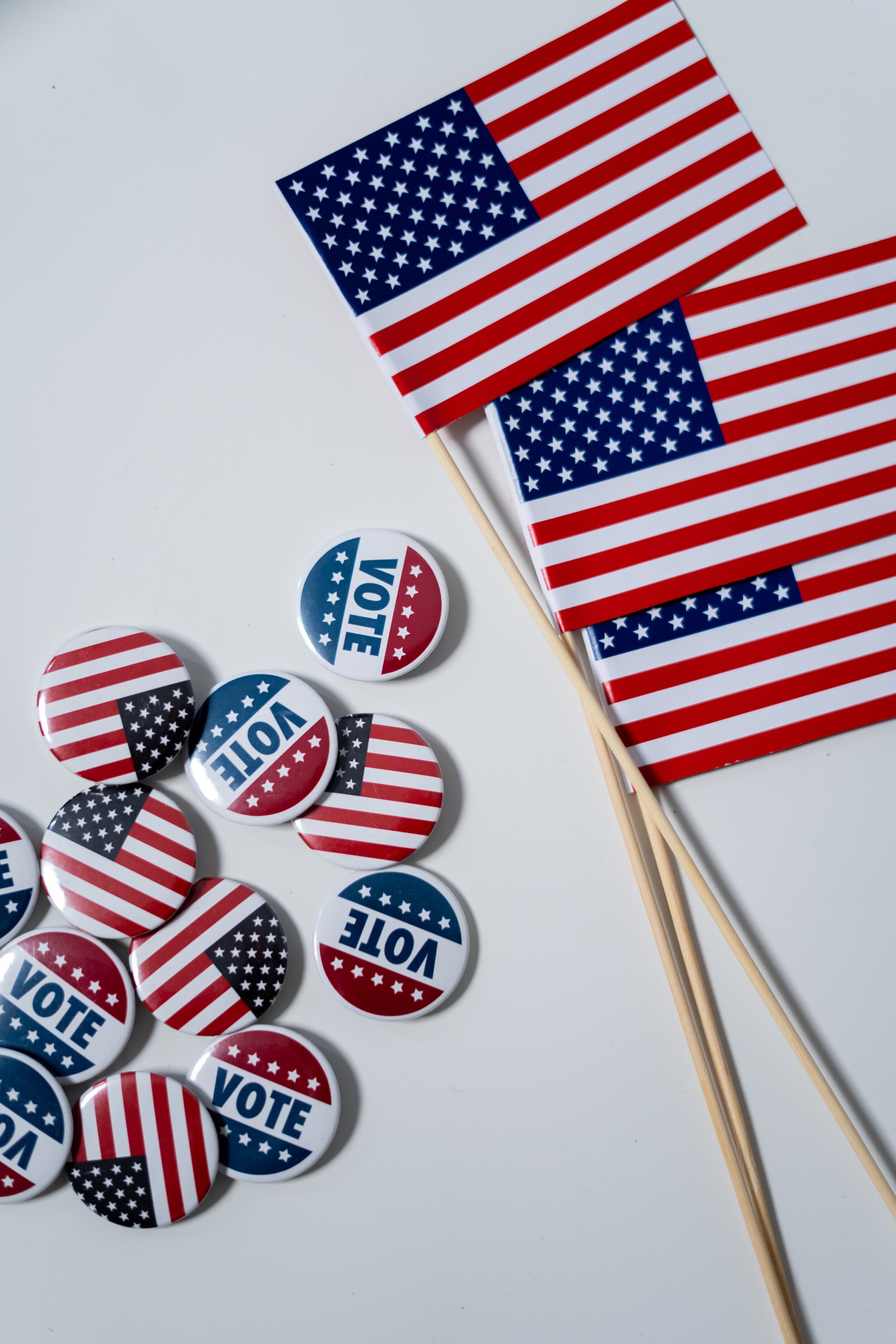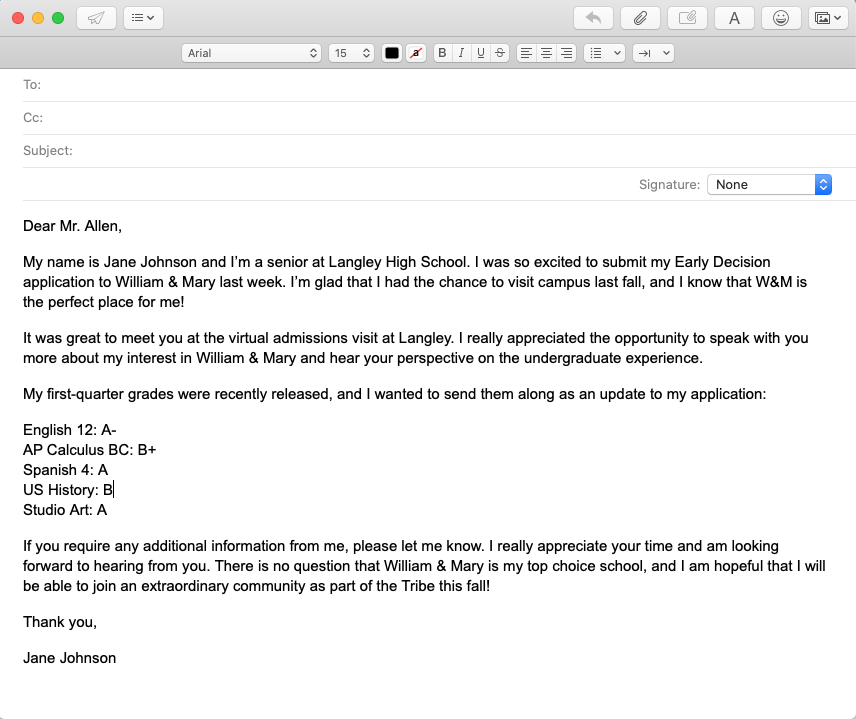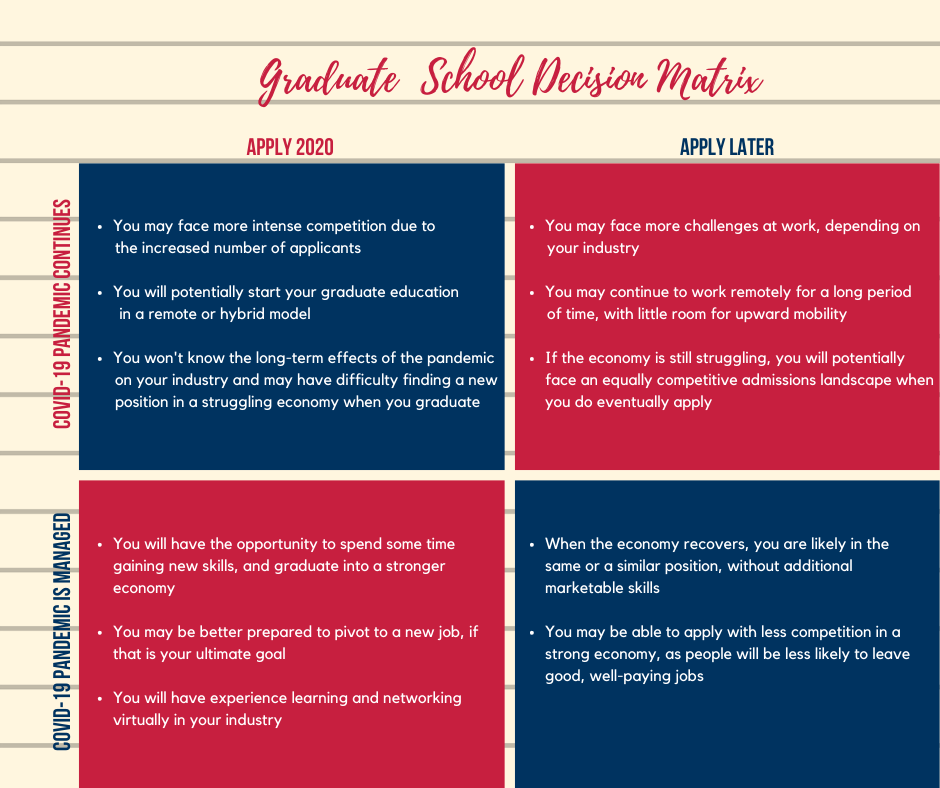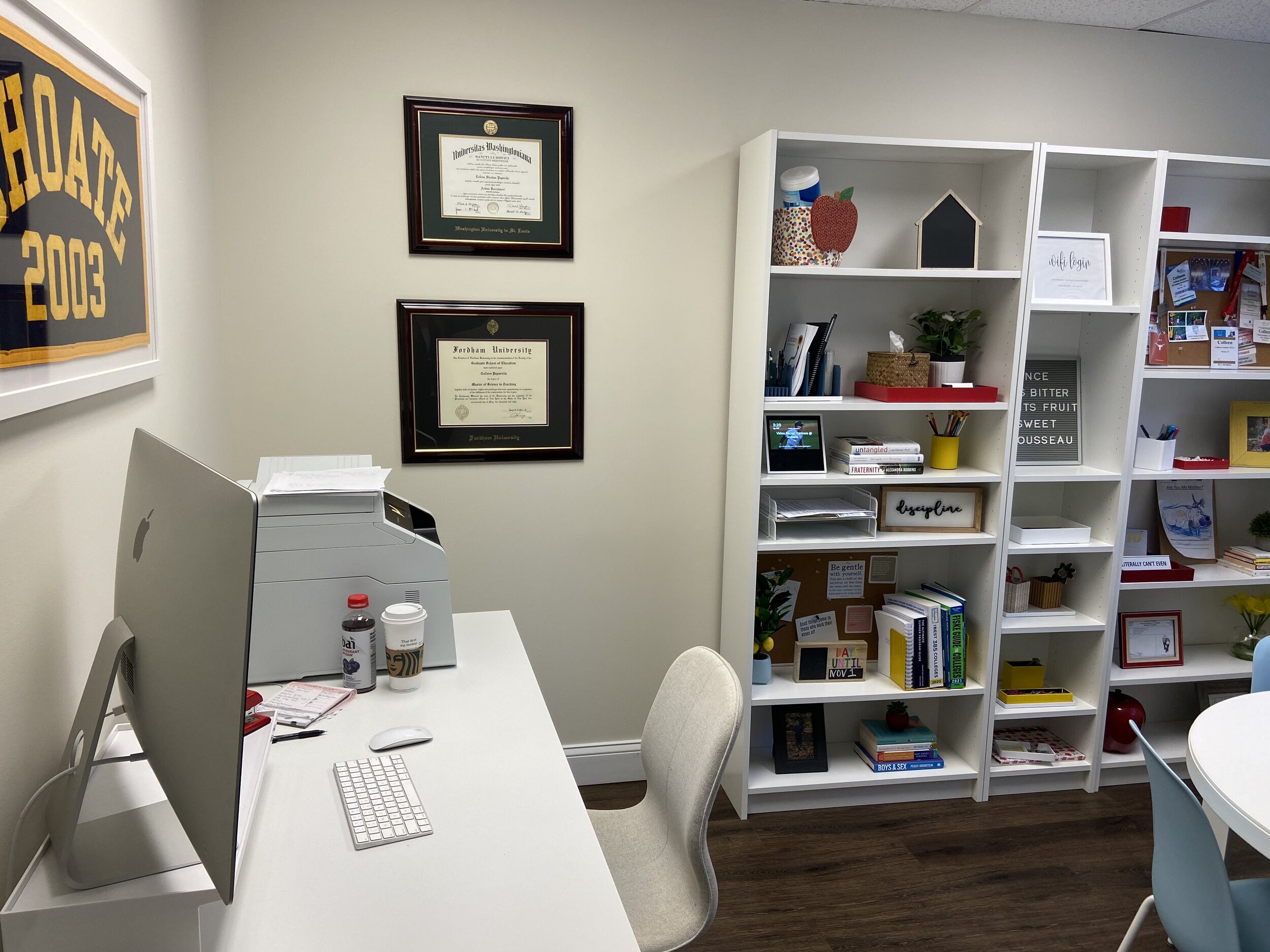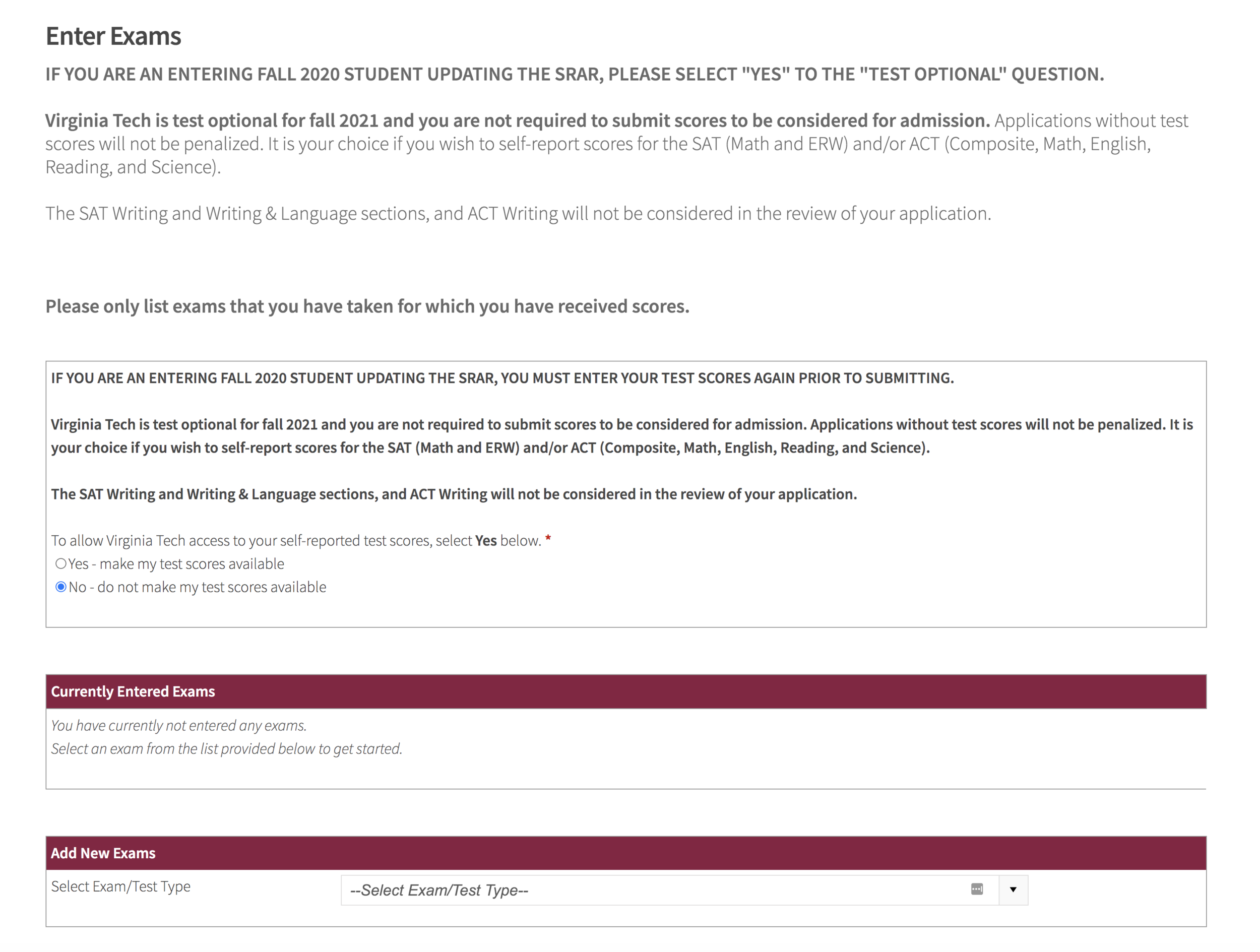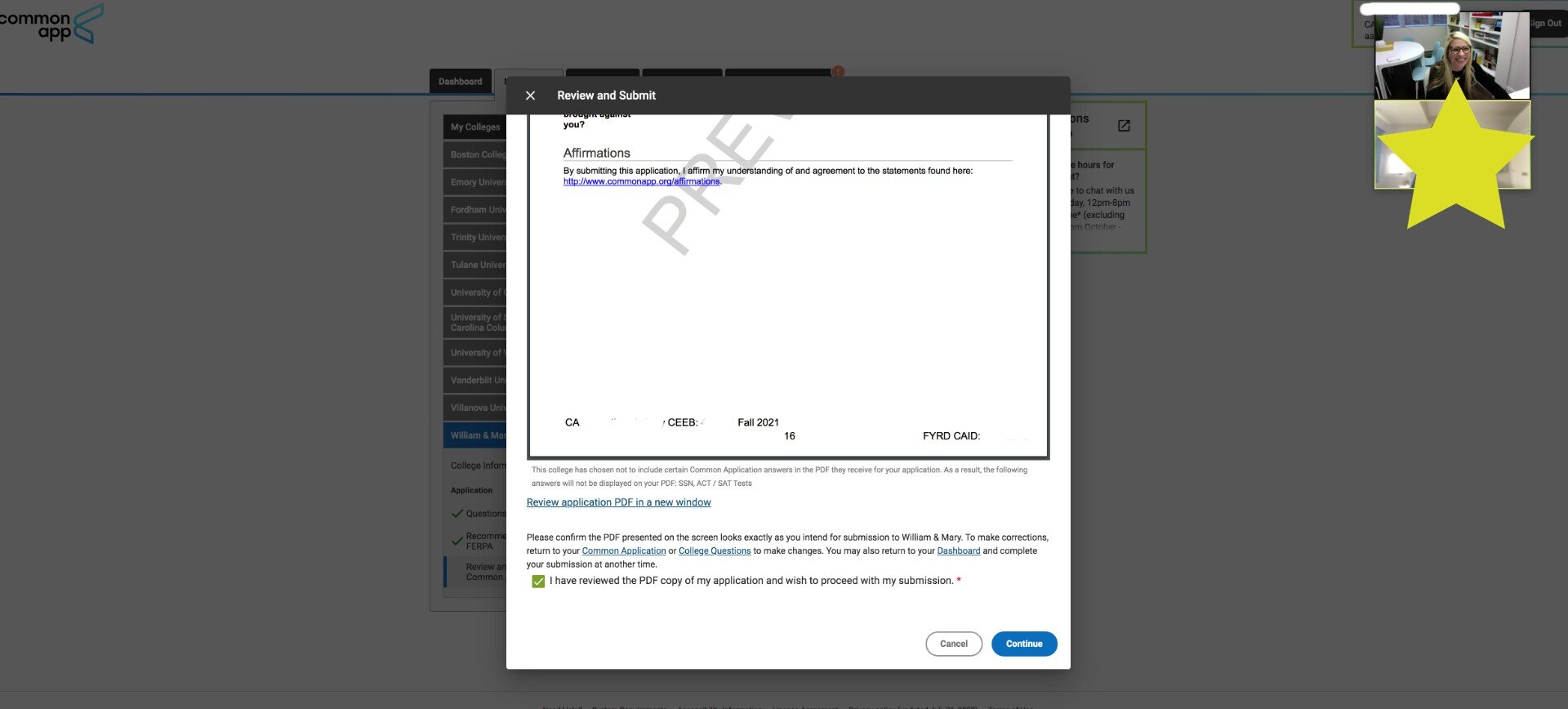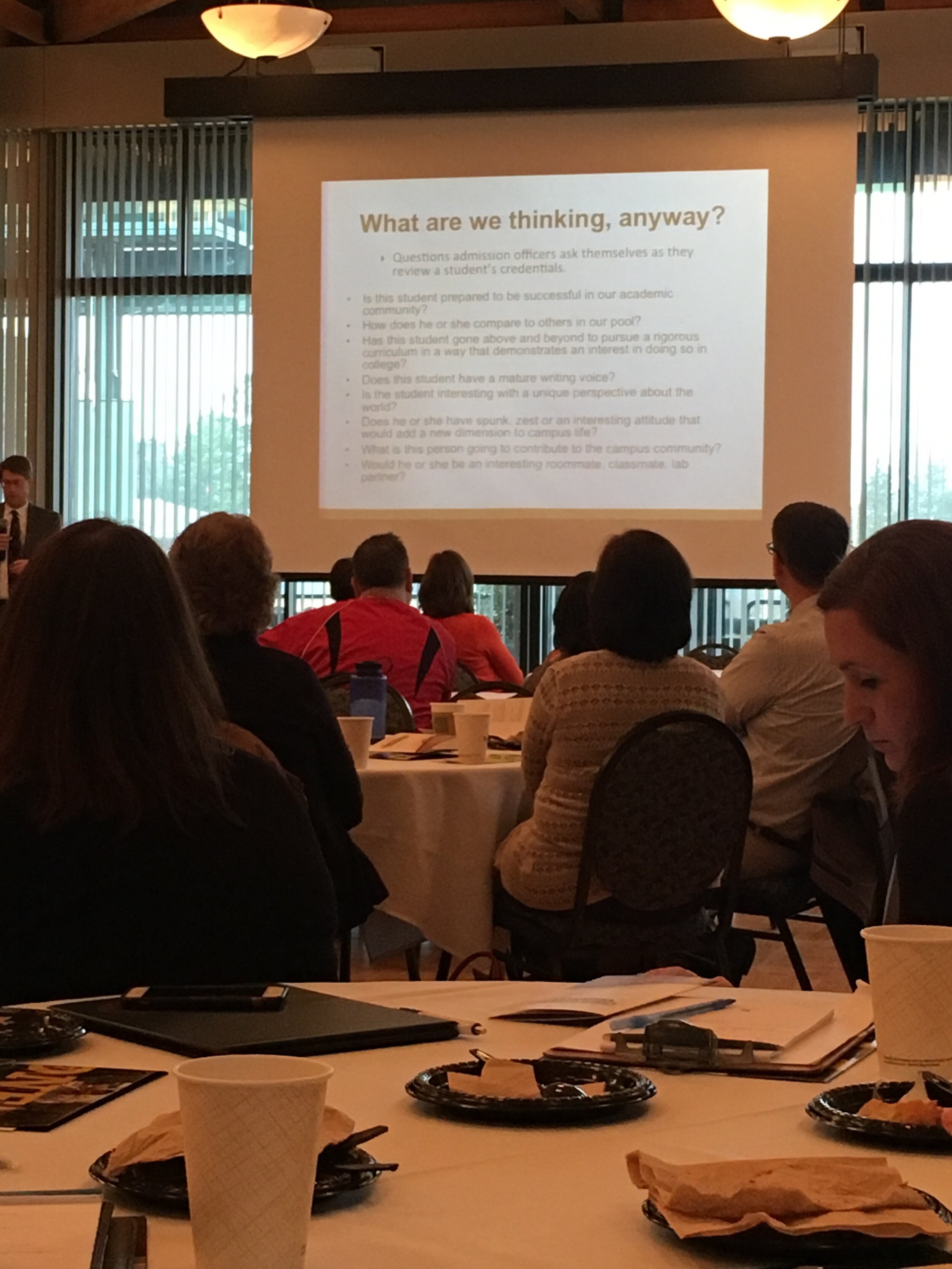A big week as we start to see some decision come out for our students! And a busy week for us as we continue working hard on transfer and graduate school applications before the holidays.
BIGGEST COLLEGE-RELATED NEWS OF THE WEEK
UVA CLASS OF 2025 EARLY DECISION STATISTICS RELEASED
Dean J provided a very helpful update yesterday about UVA’s early decision statistics from this past application cycle. My initial thoughts: while applications increased substantially (by 36% if my math is correct!), the actual number of students accepted through ED increased as well - by about 29%. This resulted in an ED acceptance rate that only decreased by a couple of percentage points from last year, despite the huge increase in applications. This is great news for ED applicants. However, unless UVA plans to increase the size of their freshman class, which I do not believe is the case, EA and RD applicants will likely feel an impact. The additional slots allocated to ED applicants will have to come from somewhere, and I anticipate that EA and RD will be a little more competitive as a result.
OTHER SCHOOLS RELEASE STATISTICS FOR THIS CYCLE
UVA is not the only school that we’ve been watching for early statistics. Emory published that their Early Decision I applications were up 8% from last year, UNC up 10%, and Duke saw an even larger increase of nearly 18%, and as a result is expecting an early admit rate of only 16 to 17% when decisions are released later this month. While we don’t know the stats yet for Virginia Tech, they have received more applications so far this cycle than in all of last cycle - and a 35% increase in EA applications! This record increase is not particularly promising for applicants. We should have more to share about ED and EA statistics next week.
CONFLICTING REPORTS ON WHAT WILL HAPPEN THIS SPRING
While we are excited at the new COVID-19 vaccine developments, cases are still rising and leaving colleges with a difficult decision to make about what will happen during the spring semester. Some schools, like Georgetown and Princeton, plan to invite students back to campus after a nearly entirely virtual first semester, while other schools view reopening in person as a financial necessity. But college-age students are not likely to receive a vaccine anytime soon, so the revenue losses in higher education are likely to continue throughout the spring.
BEST ARTICLES OF THE WEEK
The Wall Street Journal published an article this week about students who chose to take a gap year rather than commit to remote learning during the pandemic. As we’ve noted before, while there are more students deferring this year than in the past, the numbers have not shifted drastically - the vast majority of students chose to continue with their education virtually. This is in part because many traditional gap year pursuits, like working and traveling, are not available to students right now. Many students who chose to interrupt their studies were doing either remote work or pursuing a passion project. The article stresses the need for students who are considering a gap year to focus on improving their skills and maturity, and making sure to have a structure to their days in the absence of classes.
The Washington Post also published an interesting look back on the first semester of pandemic college, reporting that it was not during classes that coronavirus spread on campus, but rather in dorms and at social events off campus. We’ll echo the article and say that if colleges want to provide in-person instruction for students, they also need to provide safe ways to socialize - it is just not realistic to expect every student to hunker down in their dorm room when not in class. We hope that increases in testing and a vaccine on the horizon will make the spring semester safer for students, as colleges learn from looking back on the fall.
This NPR segment on applying to college during the pandemic provides some great insight on how it feels to be a high school senior right now, and reminds all of us to cut the students in our lives some slack at this very stressful time! This has been a difficult year for students and school counselors to connect and receive necessary resources, and made an already challenging process even more difficult on kids and their families.
OFFICE HAPPENINGS
Oh my gosh - what an exciting but nerve-wracking week with all of the ED/EA decision releases! We’ve been refreshing College Kickstart’s Class of 2025 Early Decision and Early Action Notification Dates post nonstop, and this evening is going to be extra crazy with decisions from UVA and Virginia Tech coming in! Not to mention Amherst, Williams, Stanford, Richmond and others.
While the college admissions process is uncertain by nature, this year has been absolutely brutal from the unpredictability standpoint. We have a whole crop of kids who are expecting decisions in the next four days and I know everyone is on edge. With that in mind, here are some quick thoughts that seniors (and their parents) can keep in mind over the next few days:
Like the late, great Tom Petty said, the waiting is the hardest part. Emotions are running high right now and the build-up to decision day can make even the most rational among us feel not-so-rational after all. Know that this is temporary, though - everyone will snap back to their normal selves when acceptances or denials come around. Obviously, we always hope for good news, but bad news can also provide a welcome sense of closure.
Unfortunately, there are many kids out there who will not learn their final decision for a few months yet, because they will be deferred into the regular decision pool. Instead of dwelling on the situation, move forward and become familiar with the many actionable steps that can be taken right now to turn things around. Check out our post from last year: How to Turn a Deferral into an Acceptance: Everything You Need to Know!
Whatever the decision, know that it will all work out in the long term. I swear. It ALWAYS does! I completely understand that this process can feel devastating in the moment. It’s been 18 years since my own college rejection experience and I can vividly remember how crushing it was - but I am so grateful that things ultimately worked out the way they did.
If you are a client and learn a decision, please email us! We try to give everyone space in case the news isn’t positive, so we won’t bug you unless it’s been a few days… but rest assured everyone in our office is holding their breath and waiting for your update :) If the news is not positive and you’d like to schedule a session to discuss a possible change in strategy or anything else, go ahead and book one here to take place next week.
If you are not a client but recognize that you need help, we have a few emergency strategy sessions available over the break while our office is closed, and can offer emergency essay help over the holidays as well for an additional fee. It is NOT too late, and this kind of help can be such a game-changer. See the review below from one of our emergency help families from last year! You can email Donna if you have any questions or need more information.
Good luck - we are rooting so hard for each and every one of you!

























